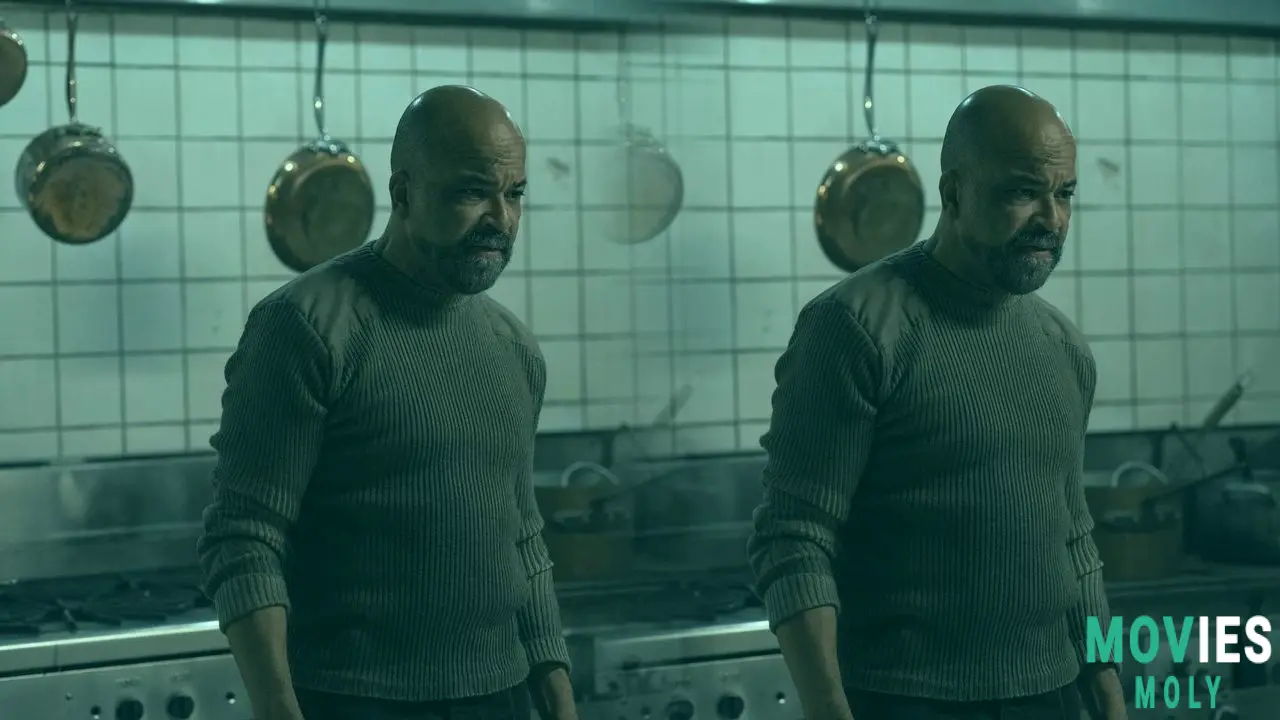Few actors have the gravitas to quietly dominate a scene the way Jeffrey Wright does, and that’s exactly what he brings to Isaac Dixon in HBO’s The Last Of Us Season 2. Introduced with a bone-chilling flashback and a signature blend of menace and composure, Wright’s portrayal of the WLF leader doesn’t just satisfy fans of the video game—it reinvents a familiar antagonist into a character with deeper resonance and darker potential.
Isaac’s brutal introduction cleverly reveals a man of culture and crueltyIsaac’s first on-screen moment may mirror a scene from The Last of Us Part II game, but the show adds its own flavorful twist. Instead of a grimy bathroom, Isaac interrogates a Seraphite prisoner in a sterile, well-equipped kitchen. His choice of weapon—a gleaming copper frying pan—speaks volumes. It’s a small detail, but one that brilliantly encapsulates Isaac’s persona: a man who combines sophistication with sadistic precision. As the pan clangs against bone, we instantly understand that this is a character who turns even torture into an art form.
These kinds of visual Easter eggs—moments that nod to the source material while enriching it—are what The Last of Us TV adaptation does best. And with Wright in the role, every scene feels like an opportunity to explore the fine line between leadership and tyranny.
The show’s flashback sequence adds emotional weight to Isaac’s origin
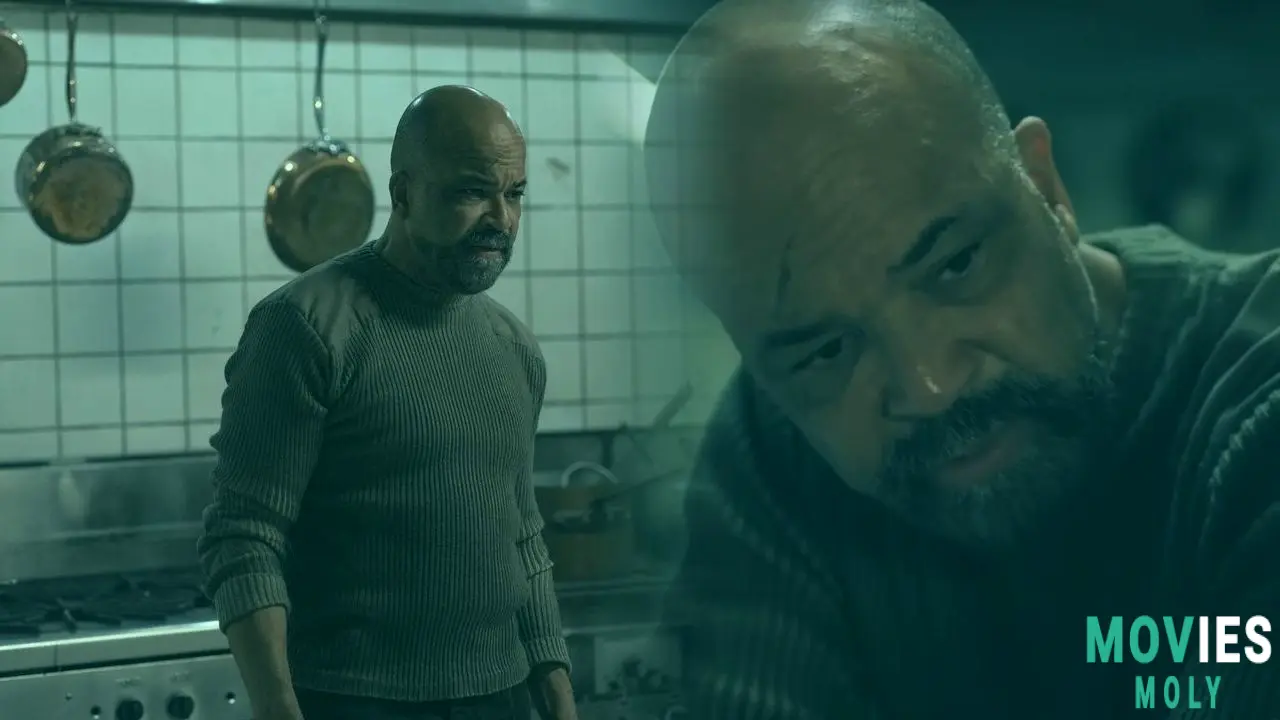
The episode opener, featuring a tense standoff in a van with a young Josh Peck delivering a haunting monologue, isn’t just a cinematic masterstroke—it’s storytelling with a purpose. Isaac’s calculated defection from FEDRA, marked by a ruthless grenade strike against his former comrades, reveals not only his strategic mind but also his moral breaking point. As he watches a soldier belittle civilians called “voters,” Isaac doesn’t just intervene—he redefines his mission.
According to Wright, Isaac doesn’t betray FEDRA; he reinvents himself. “He feels FEDRA has betrayed him in terms of ethics,” Wright explained. It’s a subtle but crucial distinction that adds layers to a character once seen only as militant. Now, Isaac’s journey from disillusioned soldier to WLF commander feels earned—and all the more tragic for what he becomes.
Isaac’s relationship with Abby could unlock new narrative depths
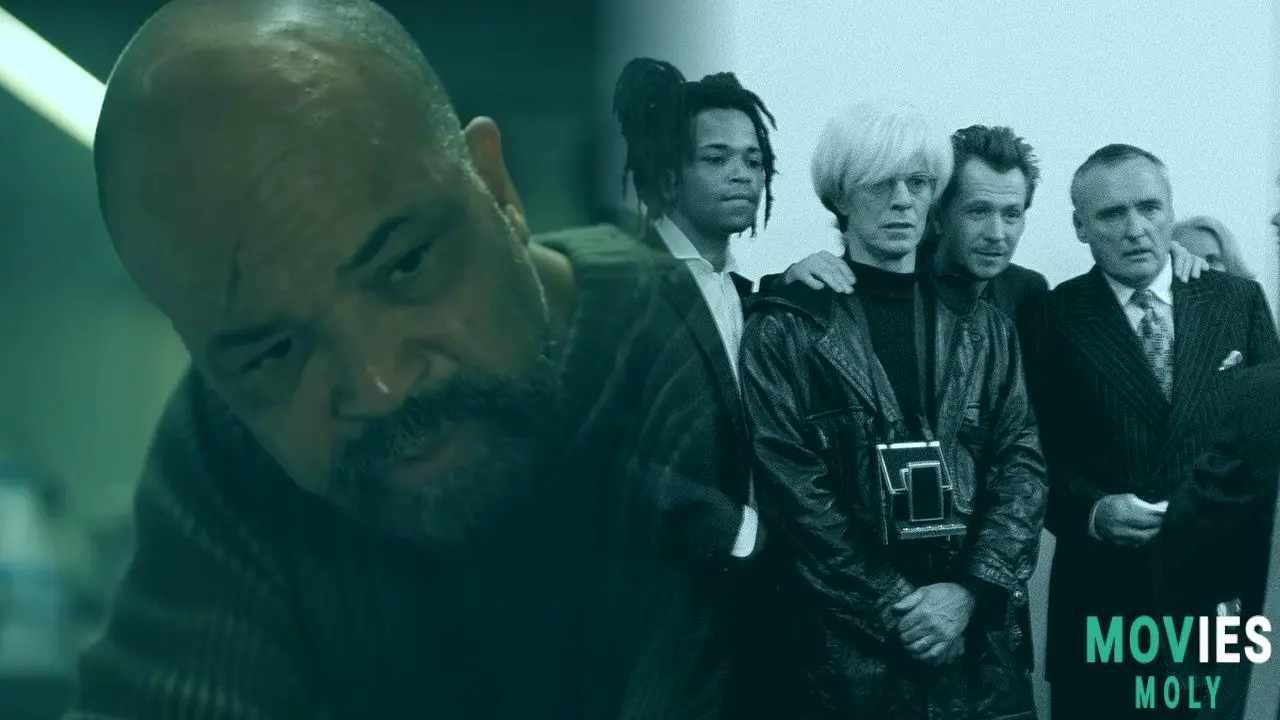
One of the most intriguing departures from the game is Isaac’s evolving dynamic with Abby. While the video game casts him mainly as an obstacle in Abby’s path, the show appears poised to turn him into a more personal—and complex—antagonist. Their interactions hint at a strained command relationship, one that may fracture as Abby’s worldview shifts and Isaac doubles down on his us-versus-them mentality.
Isaac’s role in Abby’s arc could be the key to unlocking new themes about loyalty, control, and survival. And with Wright’s nuanced performance, even scenes without direct confrontation are charged with silent tension. He doesn’t need to scream to dominate a room; a glance or a calm statement from Isaac is enough to signal danger.
Jeffrey Wright’s presence transforms Isaac into an Emmy-worthy force
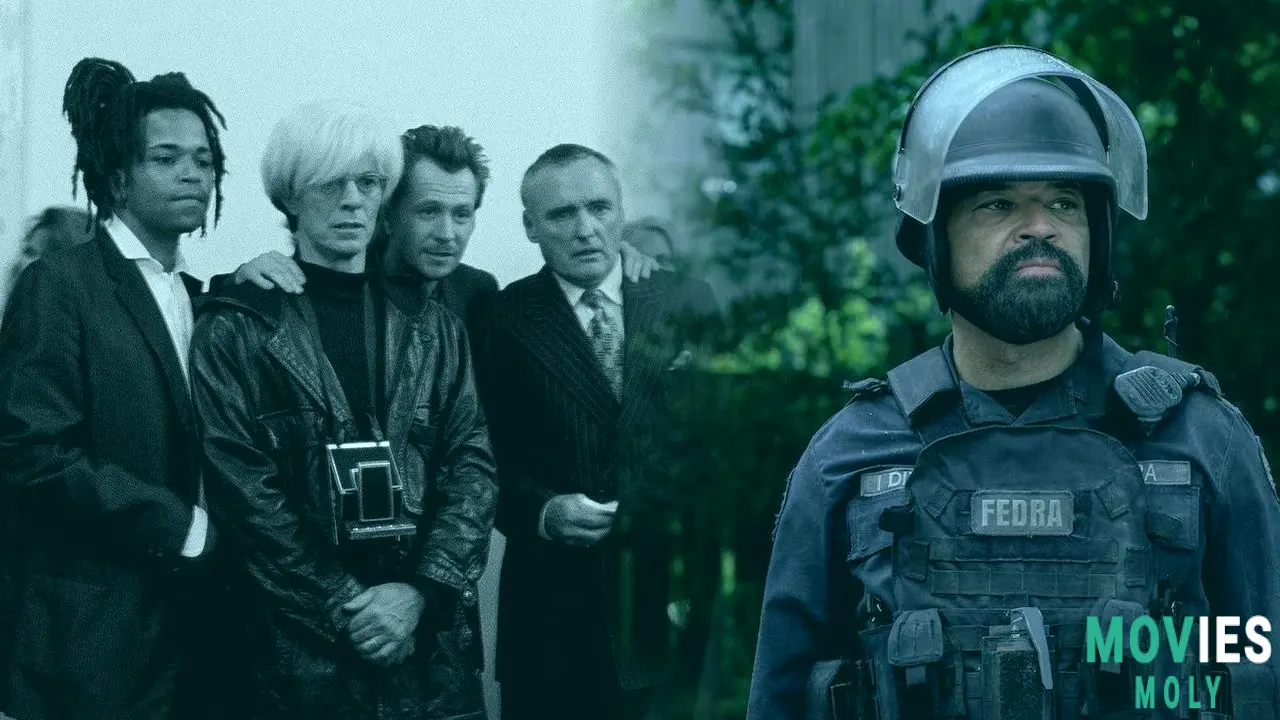
It’s telling that Isaac only appears in two scenes in Episode 4, yet those moments are among the season’s most memorable. Wright’s screen time may be limited for now, but the impact is undeniable. As Josh Peck—who famously shared a scene with Wright in the van sequence—recalled, being in Wright’s energy elevates every performance around him. It’s the kind of presence that fills a void, and with The Last of Us still grappling with the absence of Joel, Isaac may very well step into a larger role.
Peck’s experience on set also highlights the care with which the creators handled Wright’s casting. Neil Druckmann, co-creator of both the game and show, called Isaac a “larger-than-life character” and said it “felt like such a sweet opportunity” to have Wright reprise the role. For fans, it’s more than just continuity—it’s a masterstroke of casting that bridges two mediums seamlessly.
The show’s willingness to expand and elevate character arcs shines through Isaac’s portrayal
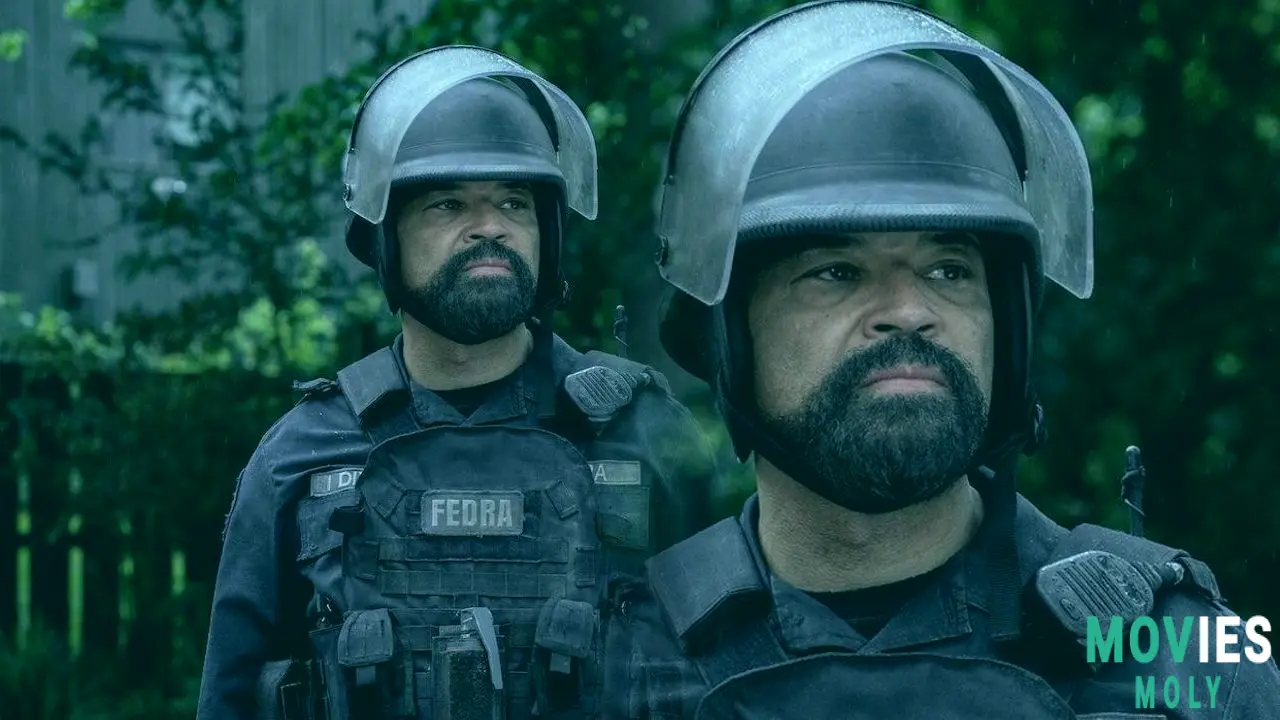
Isaac Dixon in the game is largely a one-dimensional militant—though effective in his role, he rarely steps outside the "us or them" mindset. The series, however, refuses to settle for that. By giving Isaac a backstory, moral complexity, and a touch of tragic inevitability, the writers have given Jeffrey Wright the material to shine. And shine he does.
Isaac’s evolution from ethical dissenter to faction tyrant mirrors the show’s broader theme: in a collapsed world, survival often comes at the cost of who we once were. Wright captures this transformation with a quiet intensity, never overplaying the role but always anchoring it in emotional truth. He is, in every sense, the show’s new powerhouse antagonist—not because he’s louder, but because he’s deeper.
Isaac Dixon may be The Last of Us’ next breakout character thanks to Wright
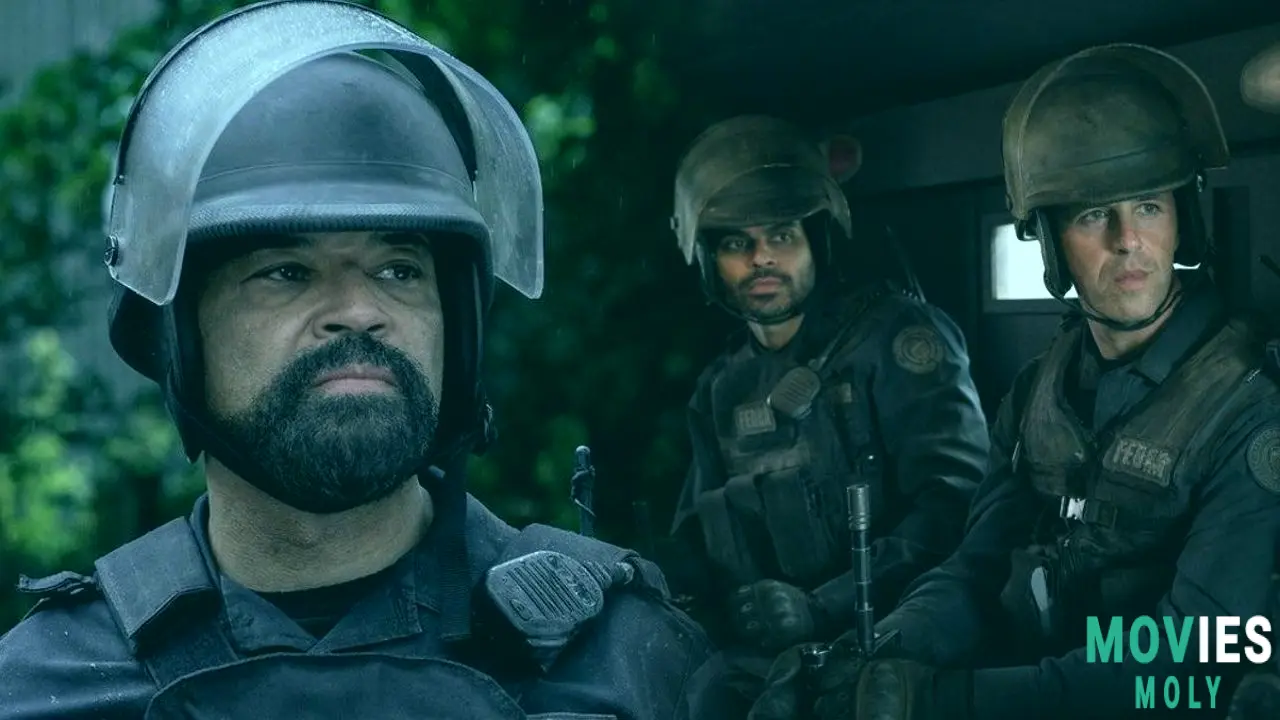
Whether Isaac ends up filling the emotional void left by Joel’s death or carving out an entirely new path for the series, one thing is clear: Jeffrey Wright has given us a villain worth watching. A character who is as strategic as he is ruthless, as composed as he is explosive, and as grounded in reality as he is symbolically resonant.
In a season filled with moral grayness and broken heroes, Isaac Dixon stands out—not just as a threat, but as a character study. And with Wright at the helm, every moment with Isaac is a reminder that sometimes, the most dangerous people are the ones who still believe they’re doing the right thing.

